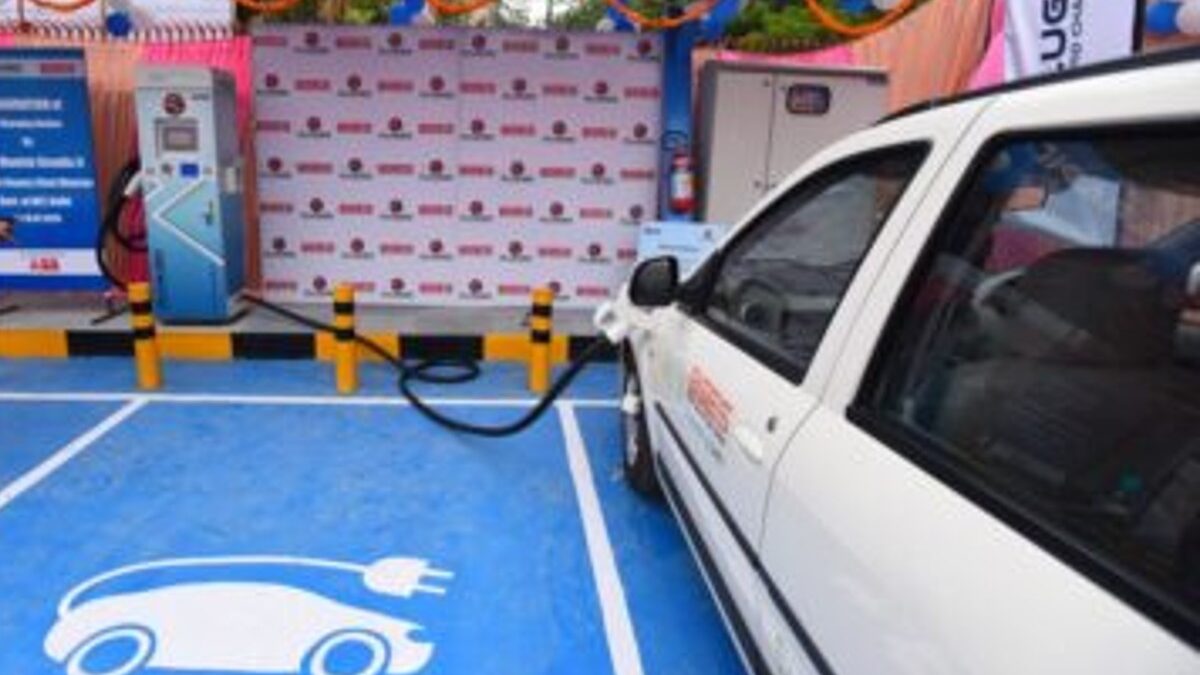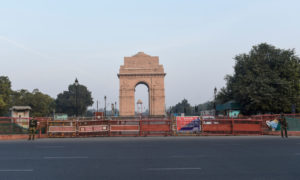Delhi’s Transport Commissioner, Ashish Kundra, has announced that the upcoming electric vehicle (EV) policy will primarily concentrate on bolstering the charging infrastructure and broadening the range of financial options to support the implementation of purchase incentives.
The Electric Vehicle Policy of 2020, which lapsed on August 8, has been given an extension by the Delhi government.
Speaking at a summit dedicated to clean transportation, organized by the International Council on Clean Transportation (ICCT) in collaboration with the Indian G20 Secretariat, Kundra stated that the government’s new focus will revolve around an electrification goal. This objective aims to make 80 percent of the city’s bus fleet electric by the year 2025.
Kundra further highlighted that the forthcoming EV policy might target the category of newer vehicles, particularly light and medium-duty trucks or goods vehicles involved in intra-city operations. As he addressed the event, he gave examples like waste collection trucks, tankers, and even school buses as potential candidates for electrification.
Recently, the government said that it is contemplating the incorporation of electric vehicles (EVs) into the priority sector lending category.
“A representation has been received by the government regarding the inclusion of EVs in the priority sector. The RBI will assess the modification of priority sector lending requirements for banks.” an official said.
This matter will be subject to discussion among the government, RBI, and other relevant stakeholders.
In accordance with the guidelines set by the RBI, banks are currently obligated to allocate 40 percent of their adjusted net bank credit to the priority sector.
At present, seven sectors—namely agriculture, Micro, Small and Medium Enterprises (MSMEs), export credit, education, housing, social infrastructure, and renewable energy—are considered within the ambit of priority sector lending (PSL).
The addition of EVs to the PSL category could potentially enhance investor confidence by signaling the government’s ongoing dedication to the sector. Moreover, it has the potential to facilitate a seamless and equitable transition by mandating financial institutions to channel credit towards segments and usage scenarios where credit inadequacy persists despite compelling economic factors.
According to a Niti Aayog report from January 2022, electric two-wheelers, three-wheelers, and commercial four-wheelers constitute promising segments for the incorporation of EVs into priority sector lending. This is primarily due to the heightened requirement for formal credit, significant potential for employment generation at scale in both urban and rural regions, optimistic sales projections, wider availability of models, and a relatively smaller gap towards achieving cost parity in overall ownership expenses.





